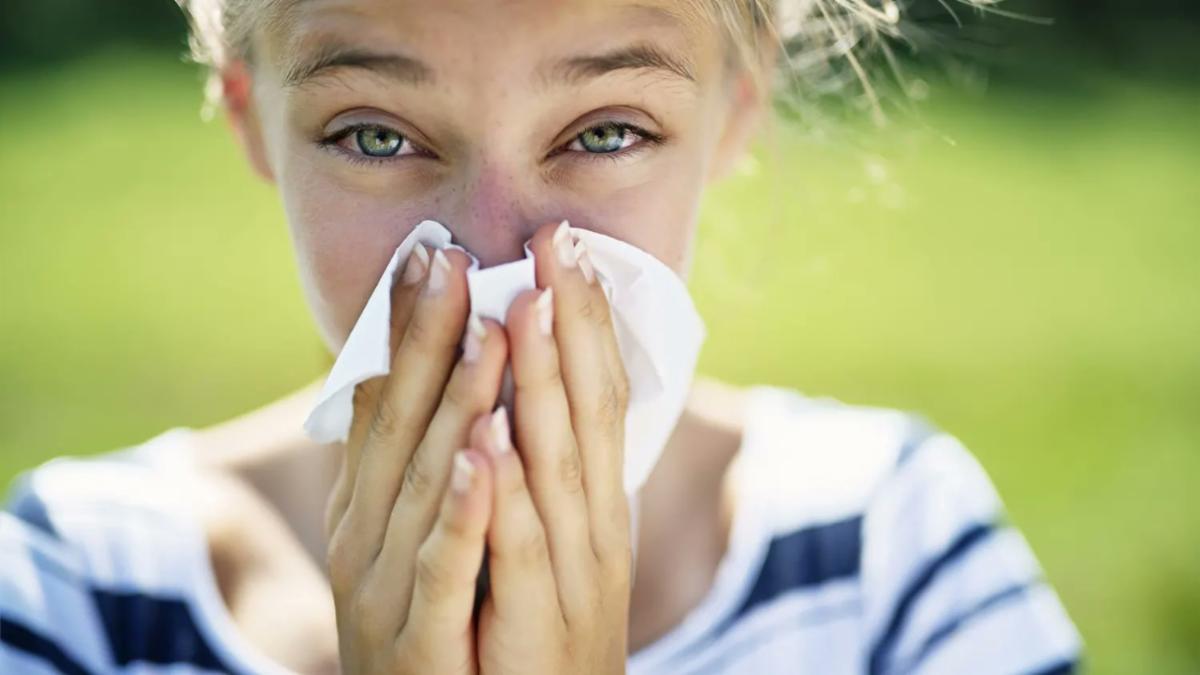Article Body
Introduction
A surge in allergy-related health concerns has swept across cities and communities worldwide. From pollen-packed spring days in New Delhi to peanut-free schools in Boston, millions wake up each morning carefully navigating life’s minefield of allergic triggers. But in 2025, the question looms: What actually works to keep allergies at bay—and what’s the verified advice beyond the hype?
The Growing Allergy Epidemic
An estimated 400 million people worldwide struggle with allergies, with rates rising annually due to urbanization, pollution, and increased diagnosis. In the United States alone, the CDC reports over 25% of adults and 19% of children regularly battle allergic reactions, breathing difficulties, or food intolerance.
Urgent Remedies: What’s Proven to Help?
Saline Nasal Irrigation
Doctors across the globe recommend saline nasal rinses as a frontline defense against seasonal allergies. Using a saline solution—either homemade or store-bought—clears pollen, dust, and irritants from nasal passages, relieving symptoms like congestion and sneezing.
Air Filters and Home Cleaning
High-efficiency particulate air (HEPA) filters significantly reduce indoor allergens, from pollen to pet dander. Melanie Carver, Chief Mission Officer at the Asthma and Allergy Foundation of America (AAFA), says, “A well-maintained HEPA filter or vacuum can make a world of difference—especially during pollen season”.
Regular vacuuming, dusting with damp cloths, and showering after coming indoors are essential steps. Experts also advise using dehumidifiers in humid climates to fight dust mites and mold, and washing pets frequently after outdoor walks.
Safe Foods: Eat Smart, Breathe Easier
Nutritionist Dr. Priya Malhotra of Mumbai’s Breach Candy Hospital points out, “Certain foods act as natural antihistamines or anti-inflammatories, easing congestion and reducing flare-ups.”
Top Safe Foods for Allergy Sufferers:
-
Fruits Rich in Vitamin C: Oranges, kiwi, grapefruit, lemons—strengthen the immune system and lower histamine reactions
-
Apples and Onions: High in quercetin, a natural antihistamine
-
Salmon & Tuna: Packed with Omega-3s, help reduce inflammation and allergic responses
-
Nuts: Almonds, walnuts (unless allergic), provide magnesium and healthy fats
-
Honey (especially local): Mixed evidence, but some studies show potential to desensitize pollen allergies
-
Probiotic Foods: Yogurt with live cultures, kefir—support gut health, which may reduce allergic reactions
-
Turmeric and Ginger: Natural anti-inflammatories; can be used daily in cooking or teas
Emergency Allergic Reactions
For severe allergies (anaphylaxis), experts insist on “zero improvisation.” Always carry prescribed epinephrine (EpiPen) and seek immediate medical attention. “When in doubt, call emergency services,” urges Dr. Rakesh Sharma, Delhi-based immunologist.
Real Quotes & Official Statements
-
“Drink water, eat colourful veggies, and keep your home clean. There’s no shortcut—but these steps work,” says Dr. Paula Stein, Asthma UK.
-
The American Academy of Allergy, Asthma, and Immunology (AAAAI) advises: “Never rely entirely on natural remedies for severe or life-threatening allergies. Use prescribed medications as directed and consult your doctor.”
Conclusion
The allergy battle is real—and growing. Verified science points to tried-and-tested home strategies: saline rinses, HEPA filters, specific safe foods, and relentless cleanliness. While natural hacks can ease symptoms, vigilance remains key: for millions, these daily choices are the true lifeline to safer, healthier living.
For more details, visit Wikipedia: Allergy or the Asthma and Allergy Foundation of America.


Comments